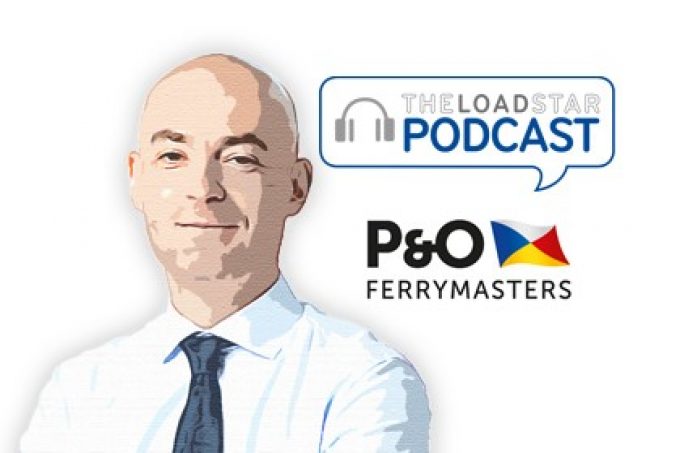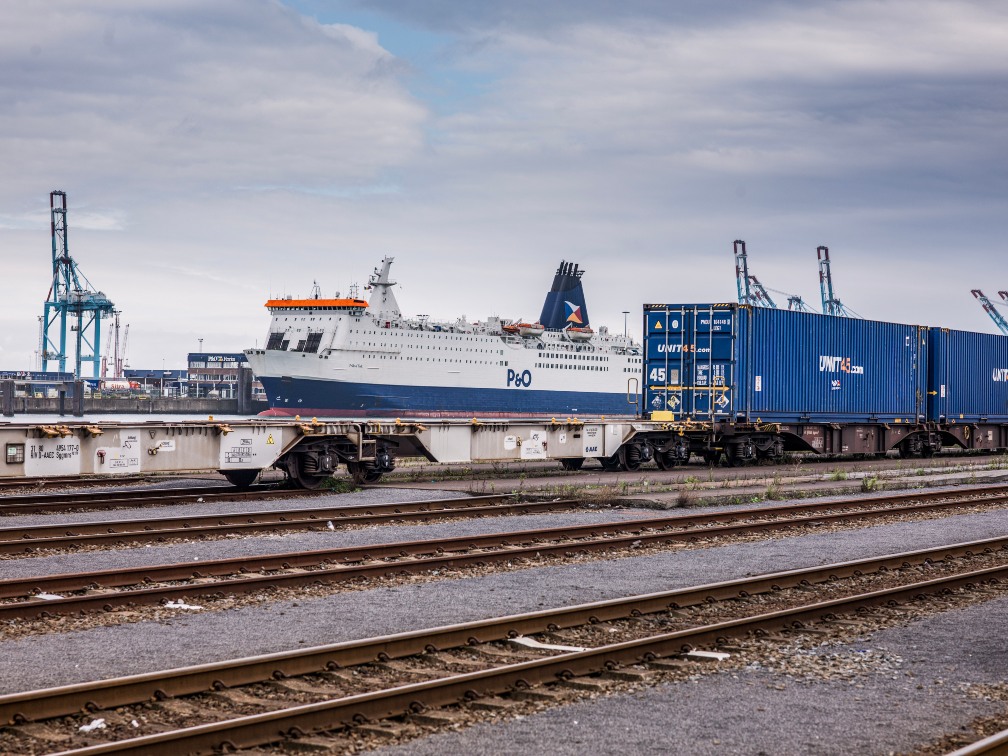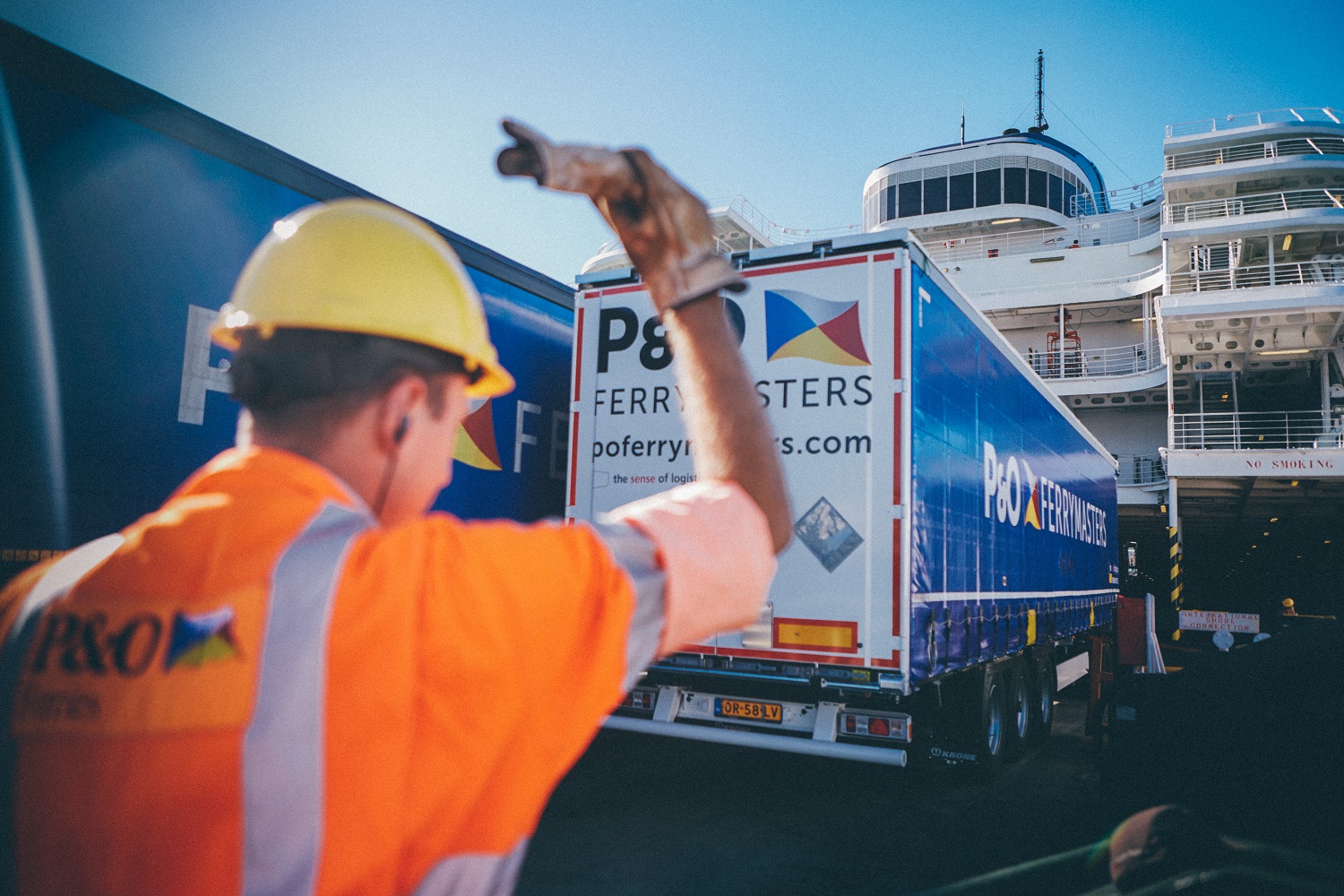- Home
- Discover the landscape of logistics
- THE LOADSTAR PODCAST
The Loadstar podcast with CEO Timm Niebergall

Last week, our CEO Timm Niebergall joined news editor Nick Savvides from logistics and supply chain news media the Loadstar for a podcast interview to discuss challenges and opportunities in European logistics. Here we summarize some of the main points from the podcast episode.
Listen to the full podcast here
The current economic turndown
For the last couple of years geo-political megaevents such as Brexit, Covid-19, and the war in Europe has disrupted the European logistics and transportation market and sent big chocks through European economy. Still, during this difficult time, multimodal supply chains were able to operate.
In the early stage of the pandemic, multimodal transport moved life critical goods, and played a vital role in keeping cargo flowing. With a lot of restrictions, drivers could not always reach the destinations. Yet, multimodal transport could. And that is ultimately why we are here, Timm explains. P&O Ferrymasters is here to fix supply chain problems and to deliver resilient and reliable supply chains.
The lack of truck drivers
The lack of truck drivers continues to be one of the main challenges for transportation companies, highly affecting daily business. And the problem only seems to escalate. The new IRU report shows that driver shortage is a chronic and serious global issue, and by 2026, the transport industry will lack more than 2 million drivers. As of now, 75% of the European transportation volume is carried by trucks on roads. Thus, this is a major challenge, highly affecting the industry. Multimodal transport solutions are depending less on drivers as a lot of the transport is done by ships and trains. Multimodal transport only needs drivers’ support for the first- and last mile of the transport.
.png?width=1400&height=1200&name=CO2%20emissions%20per%20ton%20per%20kilometer%20(1).png)
The agenda: a challenge or a responsibility?
While the bottom line remains important, customers are increasingly focusing on their carbon footprint, aiming to decarbonizing their supply chain. Multimodal transport per default produces less emissions than conventional road transport does. The important KPI to focus on is CO2 emission per ton per kilometer. A conventional road truck produces 113 g. CO2 emission per ton/km, while cargo trains produce 17 g. CO2 emission per ton/km and vessels 7-10 g. CO2 per ton/km. On top of that, the shipping part of the transportation comes with further significant reduction potential. Thus, using multimodal transportation as the mode of transport is an active decision to reduce emissions as it instantly reduces emissions significantly. Moreover, Timm explains that P&O Ferrymasters reduces emissions by utilizing all assets to the fullest and minimize empty runs, while also exploring alternative fuels such as SNG, LNG as well as electricity to boost the decarbonization potential.





